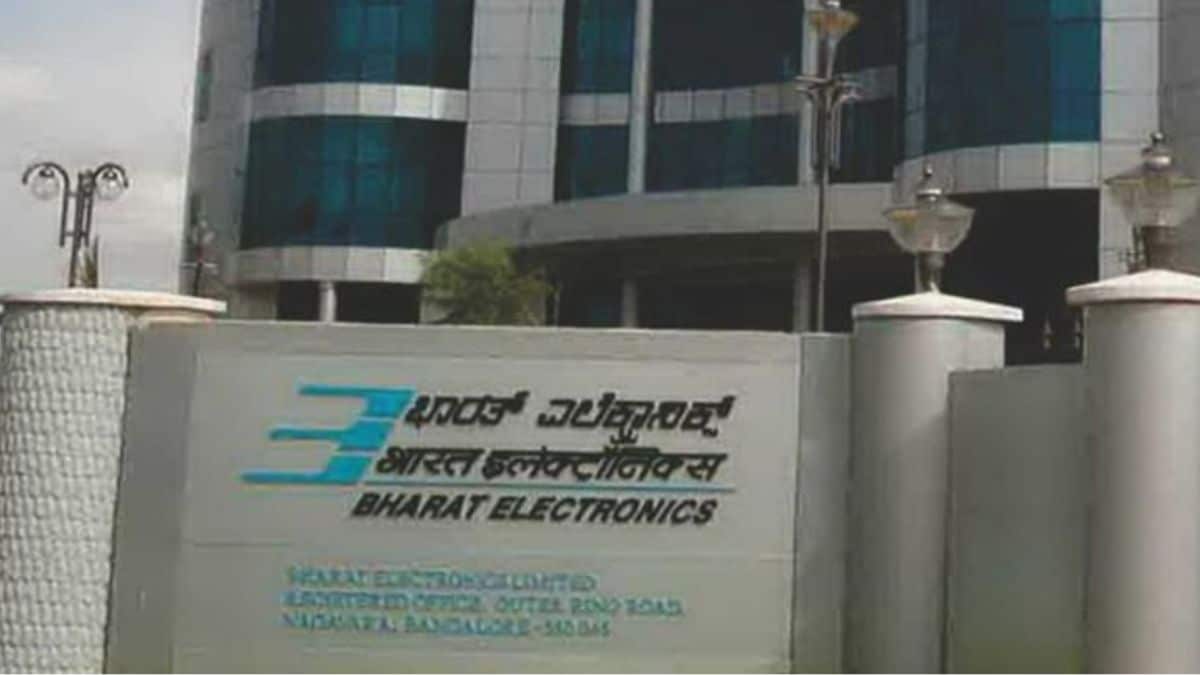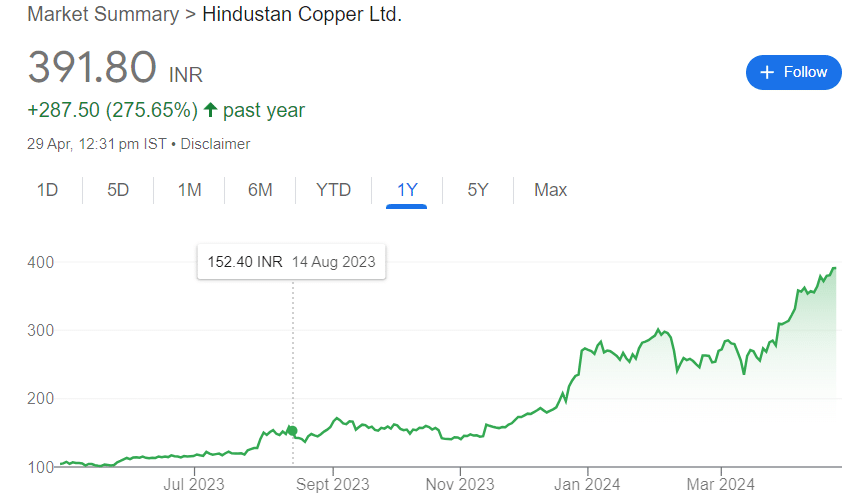Hydrogen Fuel Cells Market: From revolutionizing transportation to decarbonizing industries, hydrogen fuel cells are poised to lead the charge toward a cleaner, greener future.
also read: Renewable energy: Indian Preparation To Energy Security Threats
Introduction: Hydrogen Fuel Cells Market
In the quest for a cleaner, greener future, hydrogen fuel cells have emerged as a beacon of hope, promising to revolutionize transportation, industry, and energy production. As the world shifts its focus towards sustainable alternatives to traditional fossil fuels, the hydrogen fuel cells market is poised for exponential growth, driven by technological advancements, environmental imperatives, and ambitious government initiatives.
Hydrogen Fuel Cells Market: Brief
The allure of hydrogen lies in its abundance and versatility. Unlike finite fossil fuels, hydrogen is the most abundant element in the universe, making it an attractive candidate for powering the future. When used in fuel cells, hydrogen combines with oxygen from the air to produce electricity, emitting only water vapor and heat as byproducts. This emission-free process offers a compelling solution to the pressing challenges of climate change and air pollution.
One of the most promising applications of hydrogen fuel cells is in the transportation sector. Automakers around the globe are investing heavily in hydrogen fuel cell vehicles (FCVs), recognizing their potential to offer long-range driving capabilities and quick refueling times without the emissions associated with traditional internal combustion engines. Companies like Toyota, Hyundai, and Honda have already introduced FCVs to the market, and with ongoing research and development efforts, the technology is becoming increasingly competitive in terms of cost and performance.
Beyond passenger vehicles, hydrogen fuel cells are also making inroads in other modes of transportation, including buses, trucks, trains, and even maritime vessels. Governments are incentivizing the adoption of hydrogen-powered transportation through subsidies, tax breaks, and infrastructure investments, further bolstering the growth of the hydrogen fuel cells market.
However, the potential of hydrogen extends far beyond transportation. In the energy sector, hydrogen is gaining traction as a clean alternative to natural gas for power generation and grid stabilization. By producing hydrogen through renewable sources such as electrolysis powered by wind or solar energy, it can serve as a reliable energy storage medium, enabling the integration of intermittent renewables into the grid and providing grid resilience.
Moreover, hydrogen is poised to play a crucial role in decarbonizing industrial processes that are currently reliant on fossil fuels, such as steel and cement production. By replacing carbon-intensive fuels with hydrogen, industries can significantly reduce their carbon footprint and contribute to global efforts to mitigate climate change.
Despite its immense potential, the hydrogen fuel cells market still faces several challenges. Chief among these is the need for cost reduction and infrastructure development. The production, storage, and distribution of hydrogen require significant investment in infrastructure, including hydrogen production facilities, refueling stations, and transportation networks. Additionally, advancements in hydrogen storage technologies are needed to improve efficiency and reduce costs further.
Moreover, while hydrogen is abundant, it is mostly produced from natural gas through a process called steam methane reforming (SMR), which releases carbon dioxide as a byproduct. To realize the full environmental benefits of hydrogen, the industry must transition to green hydrogen production methods, such as electrolysis powered by renewable energy.
Despite these challenges, the momentum behind hydrogen fuel cells continues to grow. Governments, businesses, and consumers are increasingly recognizing the potential of hydrogen as a clean, versatile, and sustainable energy carrier. With continued investment, innovation, and collaboration, the hydrogen fuel cells market is poised to undergo rapid expansion, driving the transition to a low-carbon future.
Conclusion: Hydrogen Fuel Cells Market
In conclusion, the hydrogen fuel cells market represents a paradigm shift in energy technology, offering a pathway to a cleaner, more sustainable future. With its versatility, abundance, and minimal environmental impact, hydrogen has the potential to revolutionize transportation, industry, and energy production on a global scale. As we stand on the cusp of a hydrogen revolution, the time to invest in this transformative technology is now.
also read: What is hydrogen?











1 thought on “Hydrogen Fuel Cells Market: The Rising Tide of the Hydrogen Fuel Cells Market”
Comments are closed.